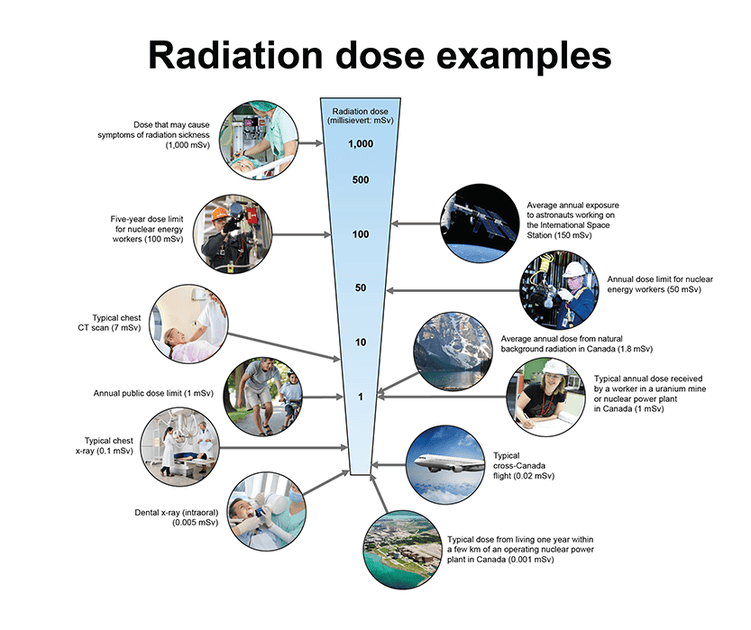FAQ
Home / FAQ
It is generally recommended to visit the dentist every six months for a routine check-up and cleaning. However, the frequency may vary depending on your oral health needs. Your dentist can provide personalized recommendations based on your specific circumstances.
To prevent cavities, it is essential to practice good oral hygiene. This includes brushing your teeth at least twice a day with fluoride toothpaste, flossing daily, and limiting sugary snacks and drinks. Regular dental check-ups and professional cleanings are also crucial for early detection and prevention of cavities.
Yes, there are alternatives to traditional metal braces. Invisalign is a popular option that uses clear, removable aligners to gradually straighten teeth. Other options include ceramic braces that are tooth-colored and less noticeable. Consult with your dentist or orthodontist to determine the best treatment option for your specific needs.
Signs of gum disease include red, swollen, or bleeding gums, persistent bad breath, receding gums, and loose teeth. If left untreated, gum disease can lead to tooth loss and other complications. Treatment options may include professional deep cleaning (scaling and root planing), antibiotic therapy, and improved oral hygiene practices.
There are various cosmetic dentistry procedures available to enhance the appearance of your smile. Options include teeth whitening, veneers, dental bonding, and dental implants. Your dentist can assess your oral health and discuss the most suitable treatment options to achieve the smile you desire.
The cost of a dental check-up and teeth cleaning session can vary widely depending on the condition of your teeth, and whether you have dental insurance coverage. At Dr. Joyce Wu Dental, we follow the Fee Guide set by BC Dental Association*. On average, one session can cost between $300 to $400 without insurance. A regular session consists of an exam done by a dentist, diagnostic X-rays, scaling/root planing, polish, and fluoride treatment. It is recommended to have a dental check-up and teeth cleaning done once every 6 months. Patients who are on periodontal maintenance schedules (to prevent further advancement of periodontal disease) would choose to have teeth cleaning done every 3 months. A one-hour session of teeth cleaning costs around $220. If you have dental insurance, your out-of-pocket costs may be significantly lower, often covering all or most of the cost of the cleaning. It’s always a good idea to check with your dental office or insurance provider for specific pricing information based on your situation. *BC Dental Association updates the Fee Guide annually.
Diagnostic dental X-rays are typically taken for several important reasons:
- Detection of Cavities: X-rays can reveal cavities between teeth or beneath existing fillings, which may not be visible during a visual examination.
- Assessment of Tooth Roots and Jawbone: X-rays allow dentists to see the roots of your teeth and the condition of your jawbone. This helps in diagnosing issues such as infections, abscesses, or bone loss due to gum disease.
- Evaluation of Tooth Development: X-rays are useful for monitoring the development of teeth in children and adolescents, ensuring they are growing properly.
- Planning for Procedures: Before certain dental procedures like implants, extractions, or orthodontic treatments, x-rays provide essential information about the structure of your teeth and jawbone.
- Monitoring Overall Oral Health: Regular X-rays taken over time can help dentists track changes in your oral health and detect any abnormalities early.
It’s important to note that dental X-rays use very low levels of radiation, and dentists take precautions to minimize exposure. The benefits of diagnostic X-rays in aiding accurate diagnosis and treatment planning often outweigh the minimal risks associated with radiation exposure.
The radiation exposure from dental X-rays is considered minimal and safe when used as recommended by dental professionals. The benefits of accurate diagnosis and treatment planning often outweigh the very low risks associated with this diagnostic procedure. If you have concerns about radiation exposure, discussing them with your dentist can help alleviate any worries and ensure you receive appropriate care.
The government of Canada has published a figure of examples of typical radiation doses received from artificial sources of radiation.
https://www.cnsc-ccsn.gc.ca/eng/resources/radiation/radiation-doses/
